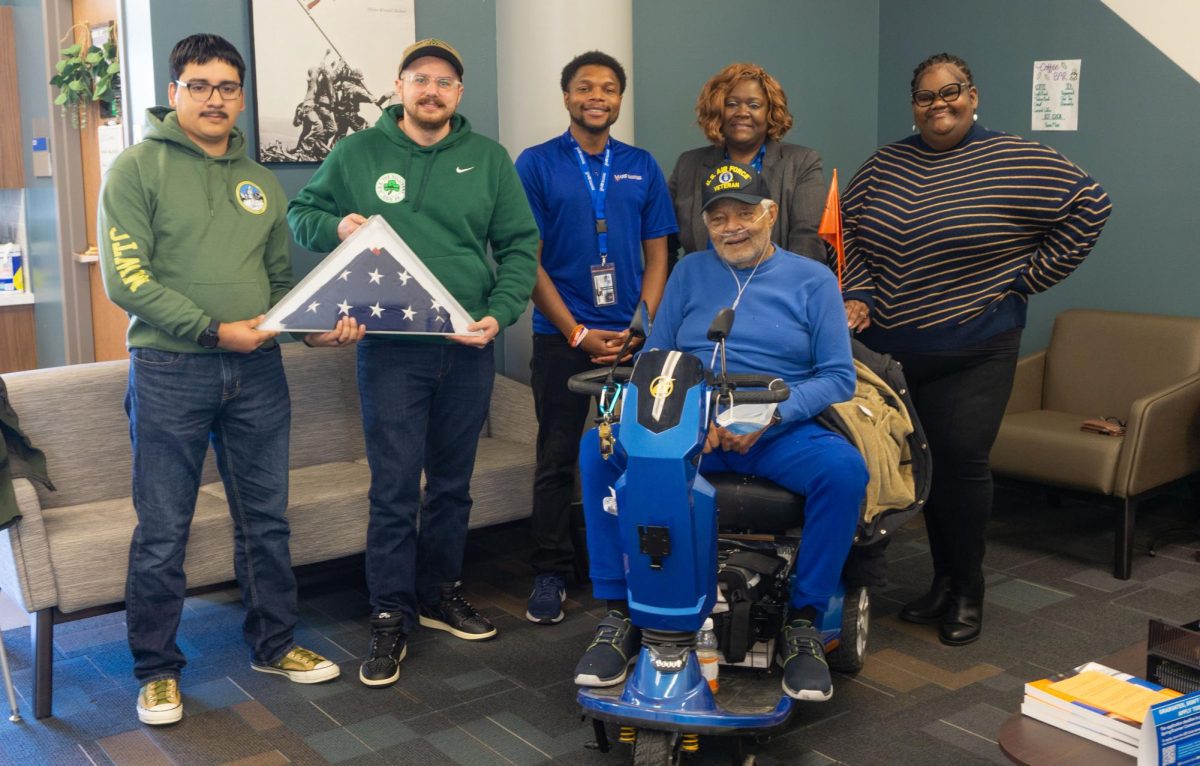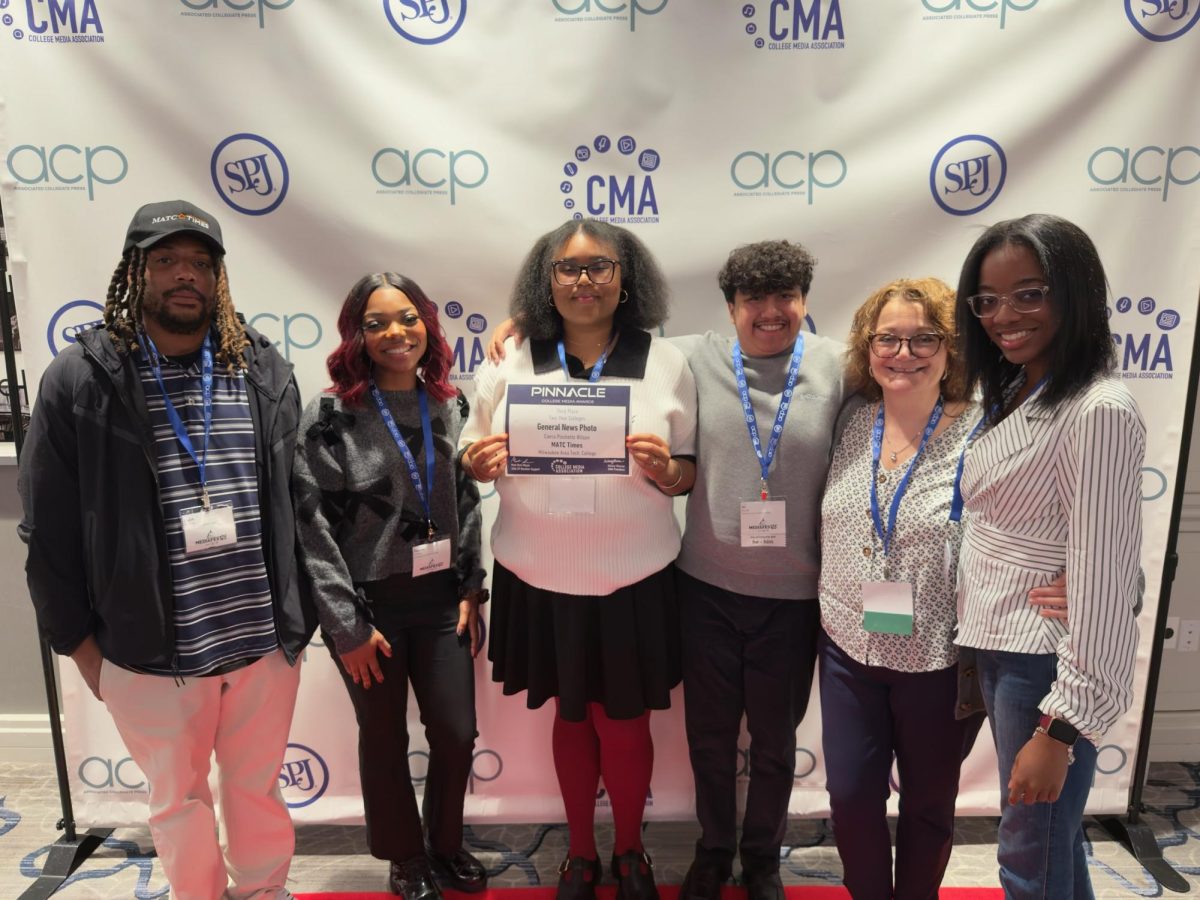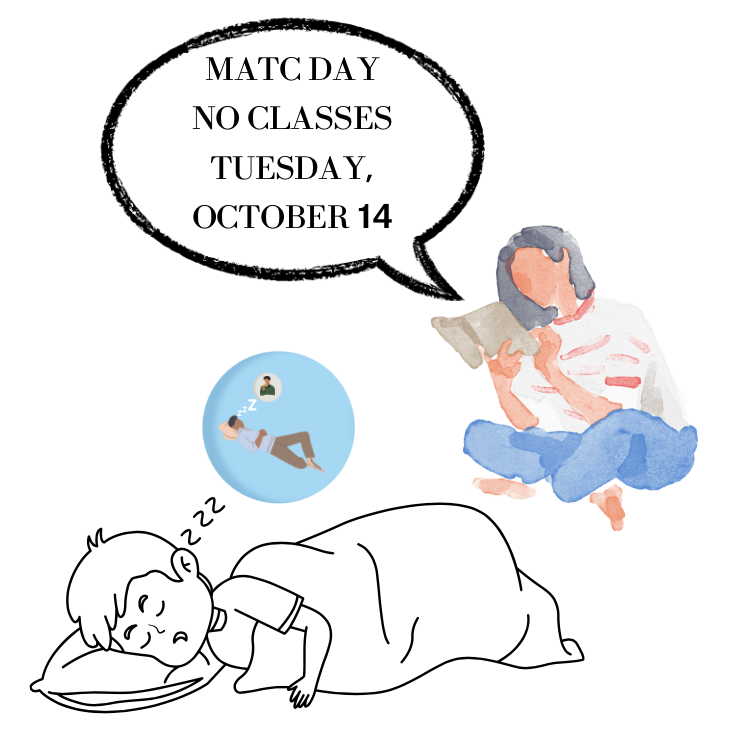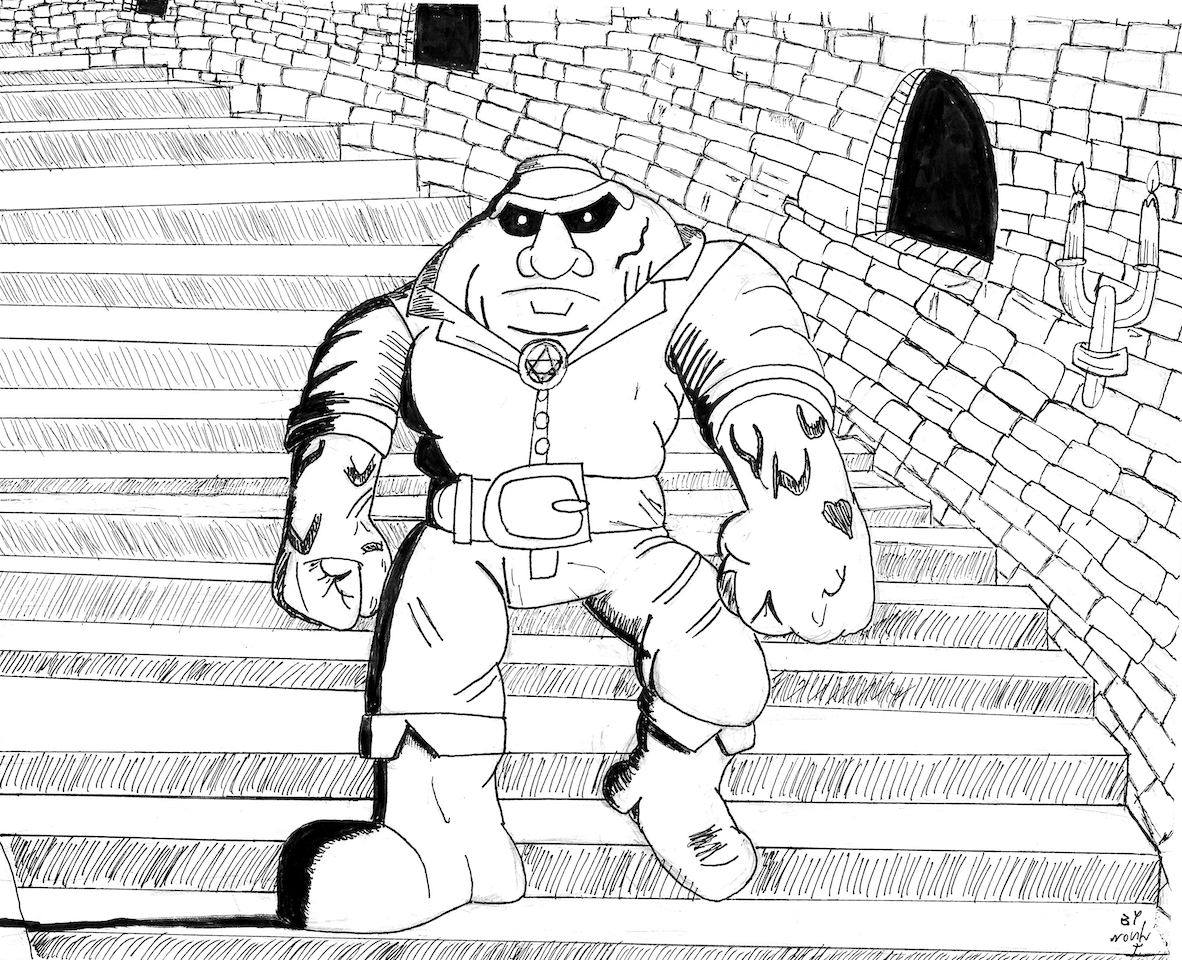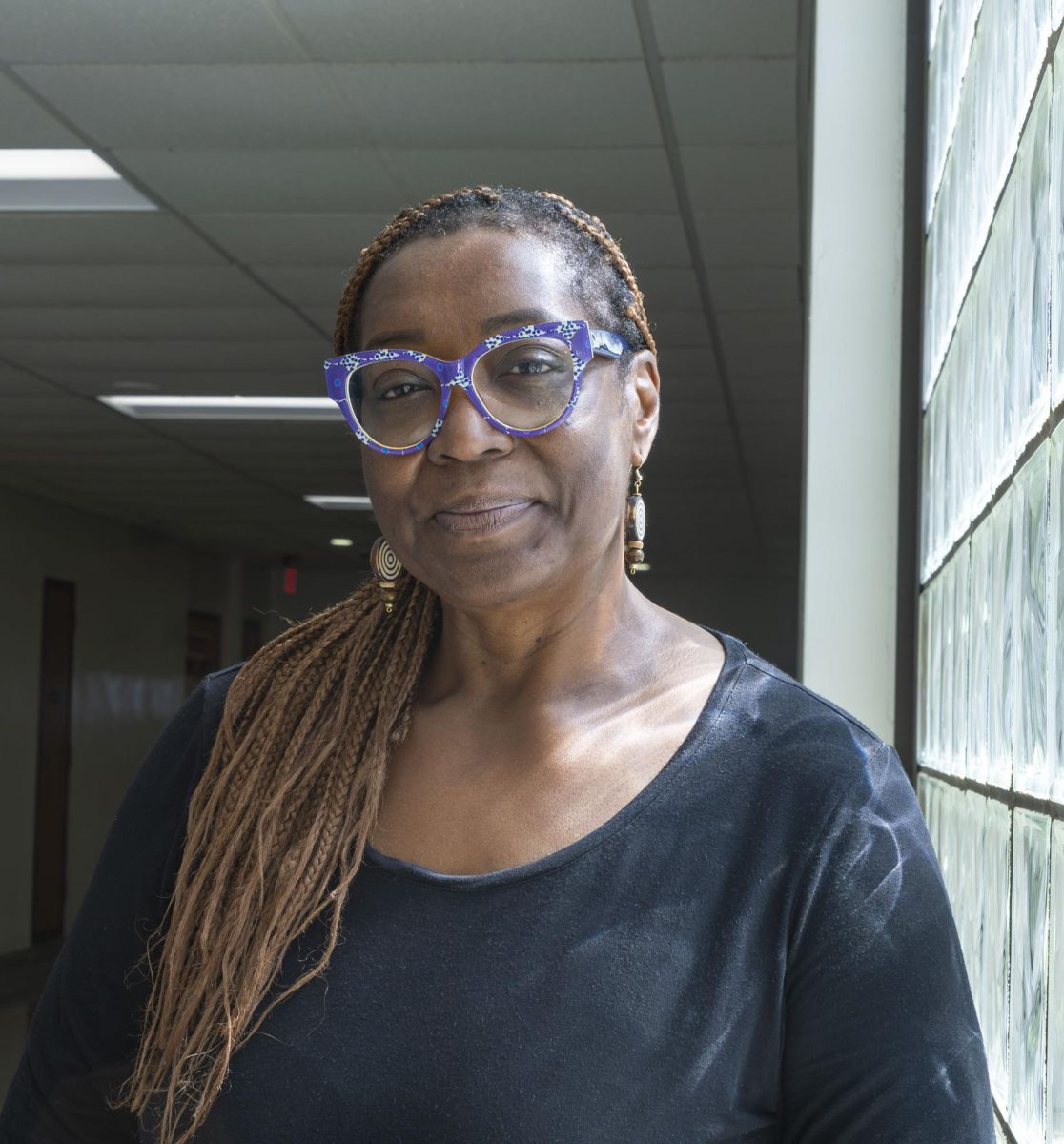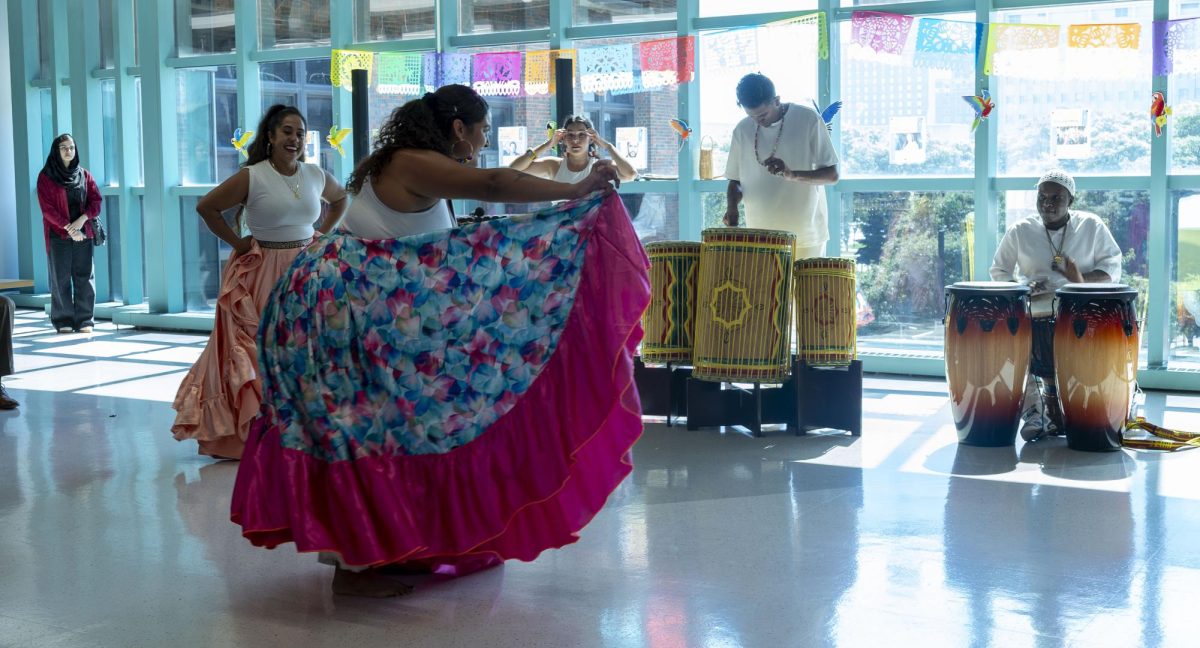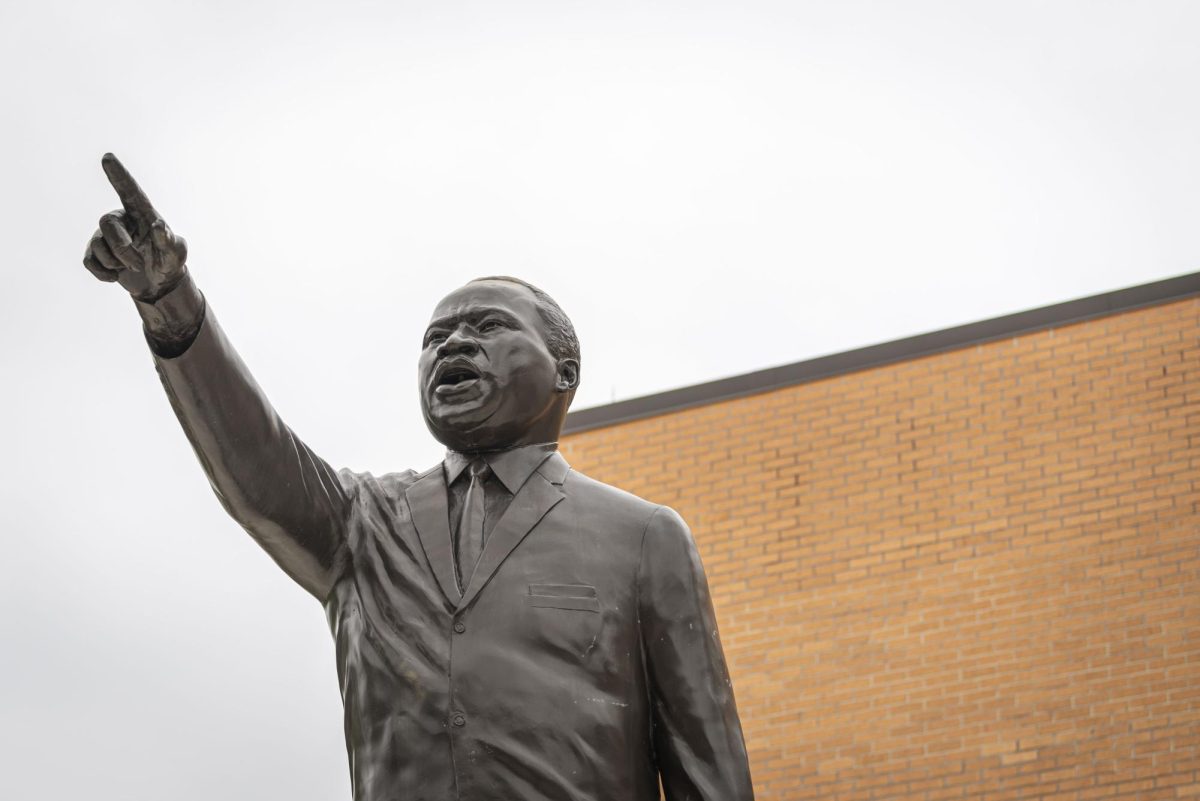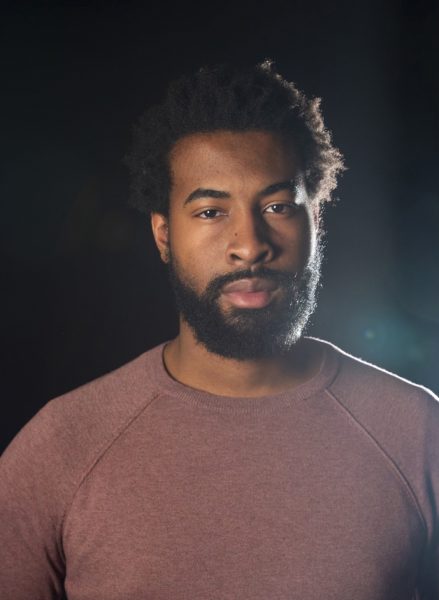Monday commemorated the 60th anniversary of the historic March on Washington for Jobs and Freedom. The demonstration served as a catalyst for the Civil Rights Act of 1964, enacted less than a year later. Organized by A. Philip Randolph and Bayard Rustin, a coalition of labor, religious, and civil rights organizations joined under the shared banner of “Jobs and Freedom.” The most iconic moment arose from Dr. Martin Luther King Jr.’s remarks, in which he boldly proclaimed, “I have a dream,” a sentiment that still resonates with many across the nation and the world.
Dr. King envisioned a world that would witness the end of racism, hatred and bigotry. Regrettably, that dream is under threat today. Everyday citizens, both ordinary and extraordinary, turned dreamers, persist in keeping hope alive that someday this nation can live up to Dr. King’s vision for the future.
The fight for equality extended beyond access to water fountains and lunch counter seats. Often overshadowed was the call for a more equitable distribution of wealth. The right to work, earn, and pursue the American dream has remained fundamental to the pursuit of equality. However, today’s racial wealth gap is even wider than it was in the 1960s. Present-day efforts to raise the minimum wage, combat wage stagnation, and empower the working class feel like uphill battles.
In a time when a united front is imperative to combat the social and economic injustices of our nation, division emerges as our most significant obstacle. In an increasingly divided nation, the work of dreamers remains critical. Shockingly, the nation remains divided on whether or not racial discrimination even exists, making it easier to argue about who has the moral high ground than to address the issues afflicting our nation.
In 2020, thousands marched in solidarity to protest the death of George Floyd, leading to the ban of the Confederate flag across the military and the state of Mississippi. For the first time, Mississippi ratified and hoisted a new flag over its capital, with 73% of the state’s voters in favor of the change.
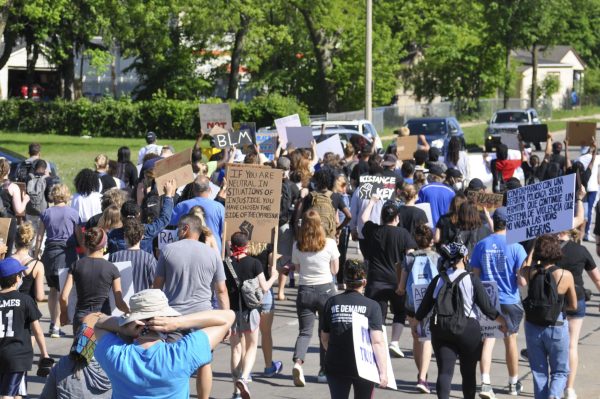
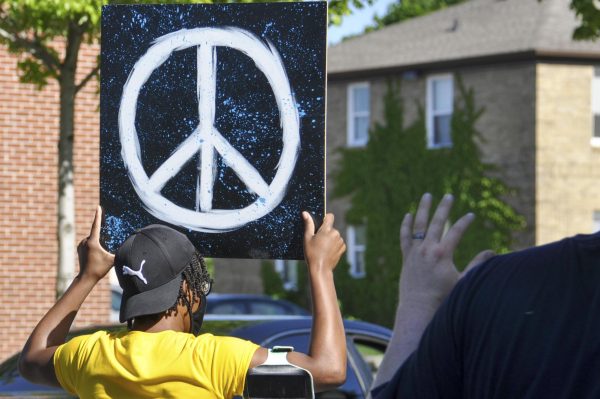
Yet, even with progress, recent events demonstrate the persistence of racial tensions. Just this Saturday, a racially motivated attack in Jacksonville, Florida, resulted in the tragic deaths of Angela Michelle Carr, 52; Anolt Joseph “AJ” Laguerre Jr., 19; and Jarrald De’Shaun Gallion, 29. Jacksonville, a city still grappling with its own racist history, also faced disappointment when the US Supreme Court declined to hear a case challenging Mississippi’s Jim Crow-era voting ban in June.
King proclaimed in his “I Have a Dream” speech, “We cannot be satisfied as long as a Negro in Mississippi cannot vote and a Negro in New York believes he has nothing for which to vote. No, no, we are not satisfied, and we will not be satisfied until ‘justice rolls down like waters, and righteousness like a mighty stream.'”
Despite considerable progress since the Civil Rights era, many changes have been merely surface-level. From affirmative action to voting rights, the progress achieved after America embraced Dr. King’s dream is not guaranteed to endure. The responsibility falls on the dreamers of our nation to step up and take action if Dr. King’s vision is to ever become a reality.

